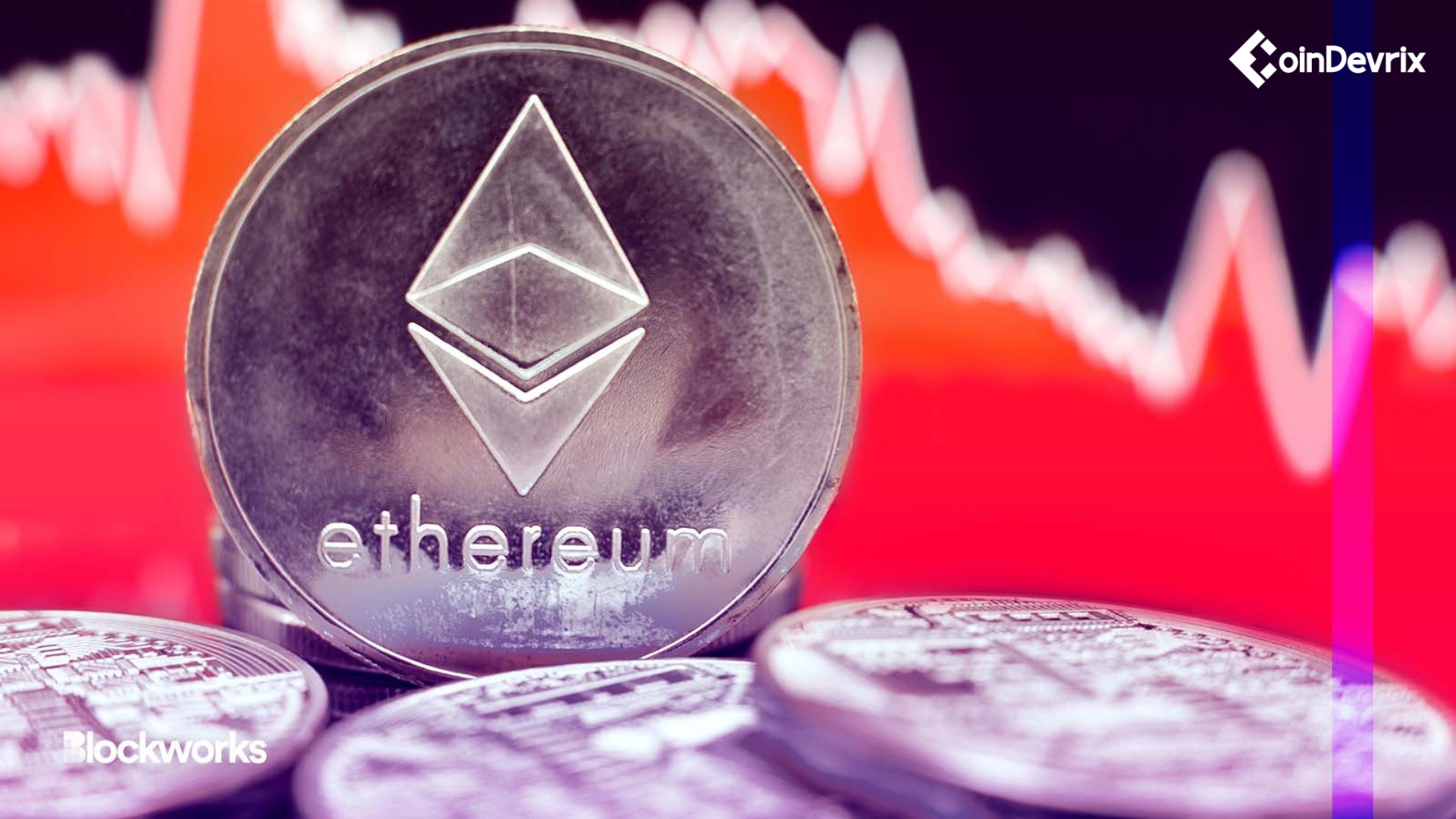Ether Futures ETFs—How Do They Work? Instead of investing in Ethereum itself, you can put your money into Ether futures ETFs, which follow contracts for Ethereum’s future. You may think of it as a contract to buy Ethereum at a certain price in the future. One regulated way to invest in Ethereum through a brokerage account is through Ether (ETH) futures exchange-traded funds (ETFs), which allow traders to buy and sell these derivative contracts. The first exchange-traded funds (ETFs) based on Ethereum were launched in Canada in 2021. Spot Ether ETFs have not been approved by the US Securities and Exchange Commission (SEC) despite the approval of futures-based ETFs.
Investment firms are in charge of Ether futures exchange-traded funds. Among the several exchange-traded funds (ETFs) that offer Ether futures, Bitwise, VanEck, and ProShares stand out. Buying and selling futures contracts, managing rollovers to maintain exposure, and ensuring the ETF follows all regulations are all tasks these firms handle.
How Ether Futures ETFs Work
Ether futures ETFs allow investors to speculate on Ethereum’s price without owning the cryptocurrency. Ether futures ETFs invest in contracts for future ETH transactions rather than actual assets. These agreements are promises to purchase or sell Ethereum at a certain price and on a specified date. Investors can gain exposure to Ethereum’s price fluctuations through the ETF, which pools their money to acquire these contracts, eliminating the need for wallets or cryptocurrency exchanges.
Suppose an exchange-traded fund (ETF) for Ether has agreed to buy 100 ETH in three months for $4,000 a pop. If Ethereum reaches $4,500 before the contract expires, the ETF will reap a profit and see a boost in its share price. But if the price of Ethereum drops below $3,500, the ETF will lose money. Remember that Ether futures ETFs roll over their contracts constantly to maintain exposure. They buy contracts that haven’t been due for a while yet and sell the ones that are. This procedure can cause a little discrepancy between the ETF price and the actual spot price of Ethereum.
How to Invest in Ether Futures ETFs
Choose a brokerage, choose the exchange-traded fund (ETF) you want to invest in (for example, the VanEck Ethereum Strategy ETF), do your homework, and then place your order.
Select a brokerage
To begin trading exchange-traded funds (ETFs), one must first sign up for an account with a brokerage platform that facilitates such transactions.
Find the ETF
You can use its ticker symbol for any Ethereum futures exchange-traded fund (ETF), including VanEck Ethereum Strategy ETF. The ticker symbol for the VanEck ETF is EFUT.
Research about the ETF
Before buying, make sure you do your research on the selected ETF. Futures contracts include holdings, fees, and risks; read the prospectus and fact sheet before investing.
Place an order
As with regular stock, you can purchase the exact amount of Ether futures ETF shares you want by placing a buy order. Choose between a limit order and a market order to finalize your transaction.
Keep an eye on your investment
After buying an ETF, keep an eye on how it’s doing; keep in mind that the share price of an Ether futures ETF could rise or fall depending on the inherent volatility of the cryptocurrency.
Why C-Corps may Benefit Ether Futures ETF Investors Tax-wise?
Compared to conventional regulated investment corporations (RICs), long-term investors in C-Corp structured Ethereum futures ETFs may be eligible for substantial tax advantages. Corporate and shareholder dividends are subject to double taxation for traditional businesses, sometimes known as C-corps. They make it possible to offset future earnings with losses and flexibly distribute income. RICs are unique investment vehicles exempt from corporation taxes but must distribute considerable income to shareholders.
One possible tax benefit for investors is the ability of C-Corps, such as VanEck Ethereum Strategy ETF, to carry forward losses to offset future gains. Since they cannot deliver capital gains to investors, more money may remain invested and grow over time. Payments from a C-Corp Ether futures ETF are usually taxed at the lower long-term capital gains rate instead of regular income rates, which means an investor’s after-tax returns might be even higher.
Advantages of Ether Futures ETFs

With Ether futures ETFs, investors may trade Ethereum without storing it in a cryptocurrency wallet. This allows for speculation during market downturns and serves as a hedge against traditional assets while potentially benefiting from tax breaks and regulatory protections.
Investors can trade Ether futures ETFs like stocks using their brokerage accounts instead of cryptocurrency wallets and exchanges. Because Ether futures ETFs operate under pre-existing frameworks, investors may not have as much regulation or protection as in direct cryptocurrency markets. These ETFs give investors a stake in the Ethereum ecosystem’s growth while adding cryptocurrency exposure to a varied portfolio that could hedge traditional assets.
There may be significant tax advantages to investing in Ether futures ETFs rather than acquiring physical ETH in some locations. Investors might pay less in taxes if gains and losses are handled differently. Plus, investors can bet on a potential decline in Ethereum price using ETFs based on Ethereum futures. The opportunity to benefit from market downturns or hedge against them is presented by this.
Risks Associated with Ether Futures ETFs
The complexity and volatility of Ether, management costs, and possible liquidity problems increase the risk of investing in Ether futures exchange-traded funds (ETFs). Futures ETFs that follow Ethereum may not reflect the spot price because they focus on futures contracts. Contango, where futures prices are greater than present prices, is also possible. This can erode the ETF’s returns over time due to its constant contract rolling.
Like other cryptocurrencies, ETH experiences a great deal of volatility. Because they mirror the volatility of Ethereum itself, Ether futures ETFs provide a greater investment risk. Because of the extreme complexity of these financial instruments, not all investors can comprehend or put their money into them.
As with any exchange-traded fund (ETF), the management fees for Ether futures ETFs increase the total cost of investing. These expenses can eat up potential returns. It could be challenging to purchase or sell shares at desired prices, especially in large amounts, for some Ether futures ETFs due to lower trading volumes than Bitcoin futures ETFs.









